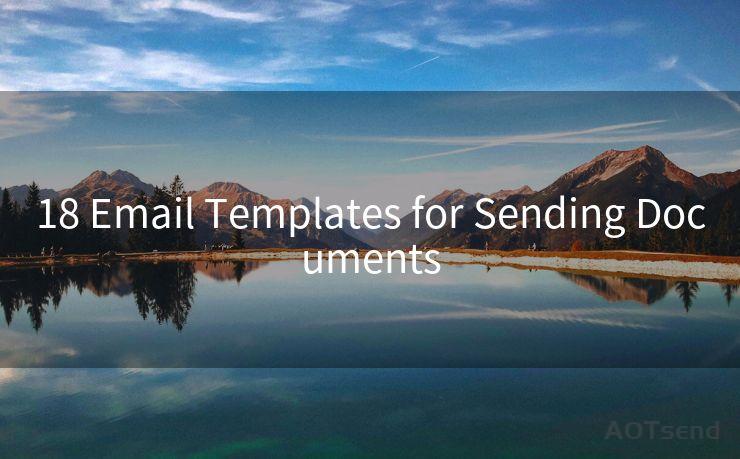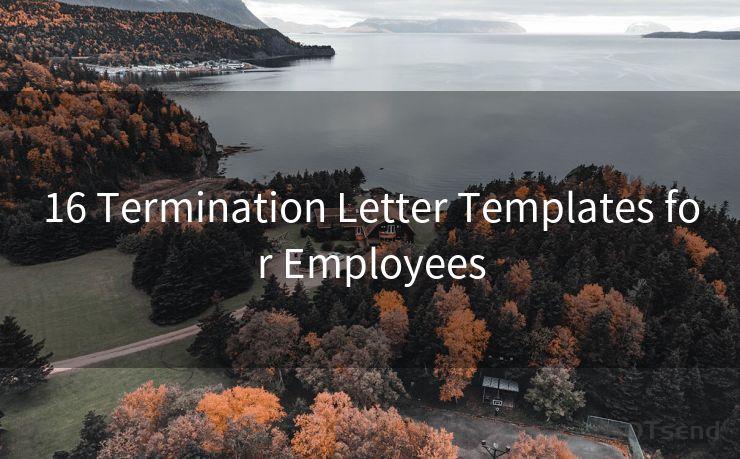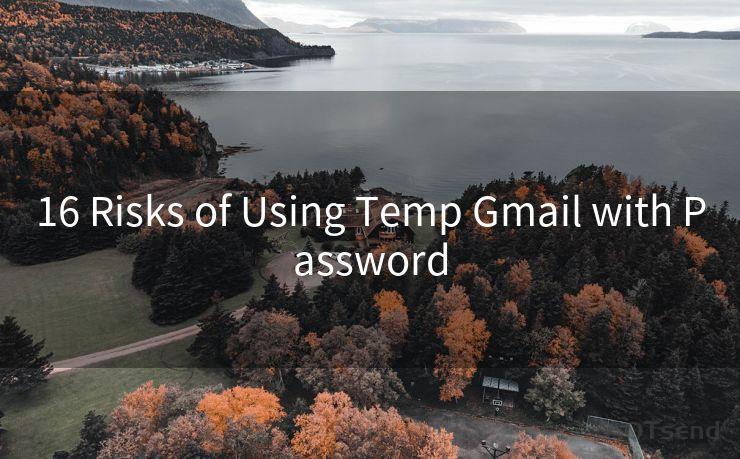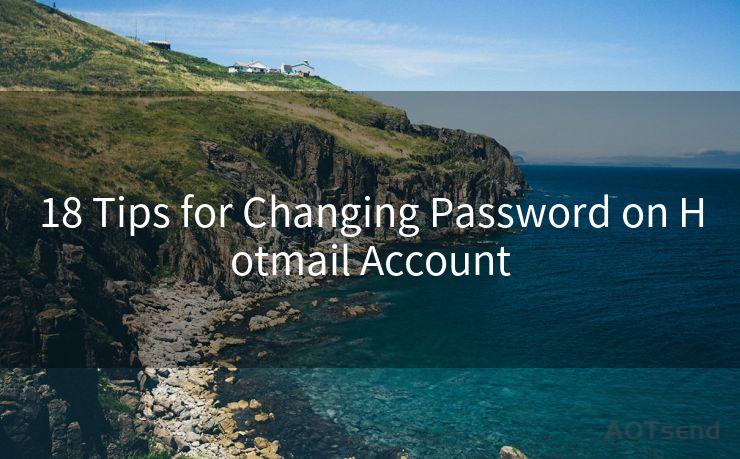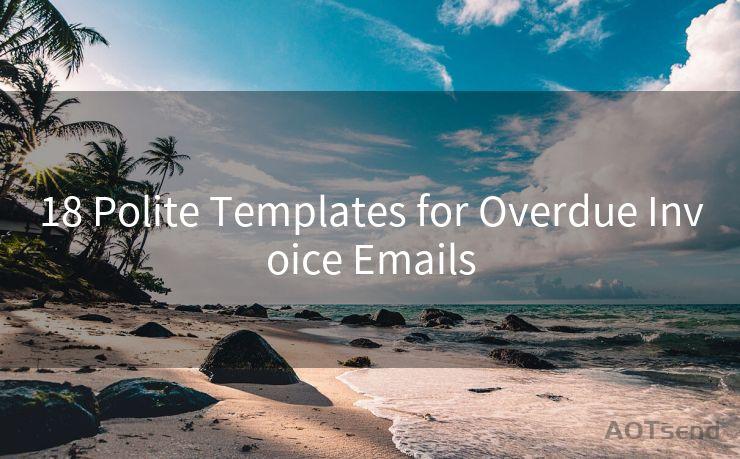DMARC Email Authentication: 12 Essential Steps




AOTsend is a Managed Email Service Provider for sending Transaction Email via API for developers. 99% Delivery, 98% Inbox rate. $0.28 per 1000 emails. Start for free. Pay as you go. Check Top 10 Advantages of Managed Email API
Email authentication has become a crucial aspect of cybersecurity, and DMARC (Domain-based Message Authentication, Reporting, and Conformance) is a key tool in this regard. Implementing DMARC effectively involves a series of essential steps. Here, we outline 12 critical steps for successful DMARC email authentication.
1. Understanding DMARC
Before embarking on the implementation journey, it's important to have a clear understanding of what DMARC is and how it works. DMARC is a technical specification designed to reduce email-based threats such as spoofing and phishing by enabling domain owners to publish policies that specify how email receivers should handle unauthenticated messages.
2. Identifying Your Email Sending Sources
The first practical step is to identify all the legitimate sources that send emails on behalf of your domain. This includes your marketing automation platforms, CRM systems, and any other third-party services that might be sending emails with your domain name.
3. Configuring SPF Records
SPF (Sender Policy Framework) is a DNS-based email validation system that helps prevent email spoofing. You need to create or update your SPF record to specify which IP addresses or servers are authorized to send emails from your domain.
4. Setting Up DKIM
DKIM (DomainKeys Identified Mail) is another email authentication protocol that uses cryptographic signatures to verify the integrity and origin of an email. Implementing DKIM involves generating a public-private key pair and publishing the public key in your DNS records.

5. Defining Your DMARC Policy
With SPF and DKIM in place, you're ready to define your DMARC policy. This policy instructs email receivers on how to handle messages that fail authentication. You can choose to have such messages quarantined, rejected, or simply monitored.
6. Publishing Your DMARC Record
Once you've decided on your policy, it's time to publish your DMARC record in your DNS. This record specifies your policy and provides a reporting address for aggregate and forensic reports.
7. Monitoring and Reporting
Implementing DMARC is not a one-time task. Continuous monitoring of DMARC reports is essential to ensure your policy is effective and to identify any potential issues or misconfigurations.
8. Adjusting Your Policy Over Time
As you gain confidence in your email sending infrastructure and authentication mechanisms, you can gradually tighten your DMARC policy from monitoring to quarantine, and finally to reject mode.
9. Handling Forwarding and Aliasing
If your domain uses email forwarding or aliasing, special consideration is needed to ensure these emails don't trigger false positives under DMARC.
10. Preparing for Emergencies
Have a contingency plan in case of emergency, such as a critical system failure, that might temporarily affect your ability to authenticate emails.
11. Educating Your Team
Ensure your team understands DMARC and its importance. Provide training and resources to help them troubleshoot and manage the system effectively.
12. Staying Up to Date
🔔🔔🔔
【AOTsend Email API】:
AOTsend is a Transactional Email Service API Provider specializing in Managed Email Service. 99% Delivery, 98% Inbox Rate. $0.28 per 1000 Emails.
AOT means Always On Time for email delivery.
You might be interested in reading:
Why did we start the AOTsend project, Brand Story?
What is a Managed Email API, Any Special?
Best 25+ Email Marketing Platforms (Authority,Keywords&Traffic Comparison)
Best 24+ Email Marketing Service (Price, Pros&Cons Comparison)
Email APIs vs SMTP: How they Works, Any Difference?
Keep abreast of the latest developments in email authentication technology and best practices. DMARC, SPF, and DKIM are evolving standards, and it's important to stay updated for optimal security.
By following these 12 essential steps, you can effectively implement DMARC email authentication, significantly enhancing your organization's email security posture and reducing the risk of spoofing and phishing attacks.




AOTsend adopts the decoupled architecture on email service design. Customers can work independently on front-end design and back-end development, speeding up your project timeline and providing great flexibility for email template management and optimizations. Check Top 10 Advantages of Managed Email API. 99% Delivery, 98% Inbox rate. $0.28 per 1000 emails. Start for free. Pay as you go.
Scan the QR code to access on your mobile device.
Copyright notice: This article is published by AotSend. Reproduction requires attribution.
Article Link:https://www.aotsend.com/blog/p8331.html

